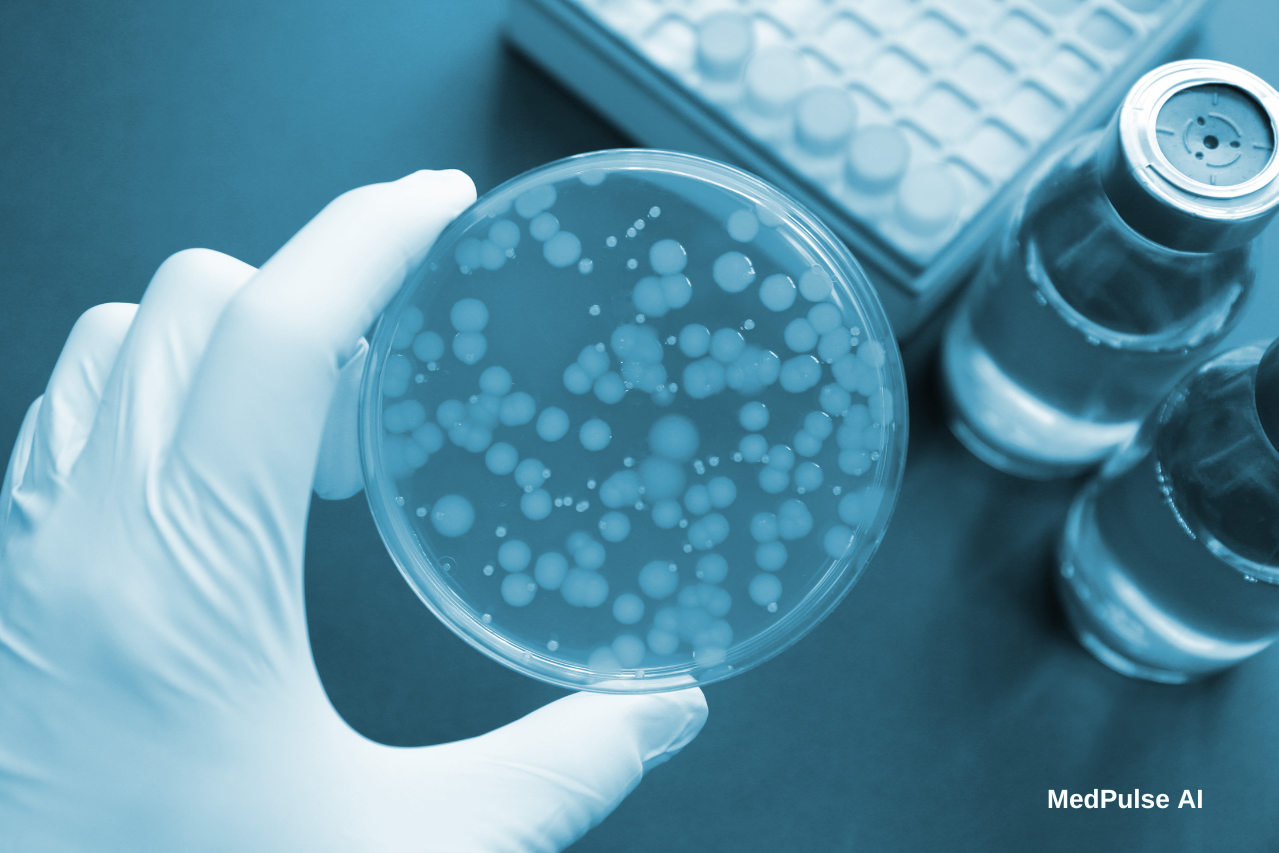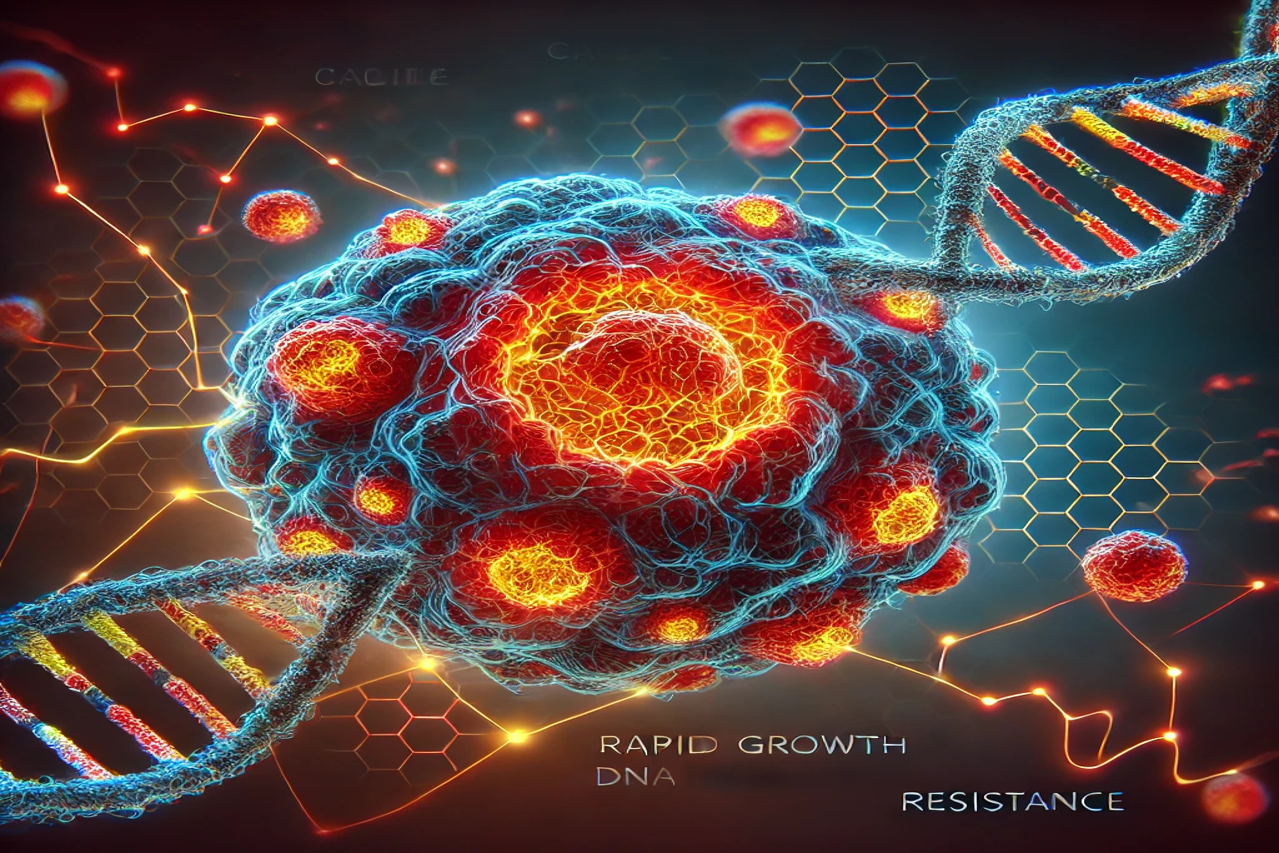Antibiotic resistance is one of the greatest challenges in modern healthcare. As bacteria evolve mechanisms to survive even the strongest antibiotics, the race is on to develop tools that can identify these superbugs quickly and accurately. The University of Zurich (UZH) has made a groundbreaking leap in this field by integrating artificial intelligence (AI) into the diagnostic process.
The Role of AI in Antibiotic Resistance Diagnostics
Researchers at UZH, led by Professor Adrian Egli of the Institute of Medical Microbiology, have developed an AI system known as the “EUCAST-GPT-expert.” This tool, powered by OpenAI’s GPT-4, offers a standardized approach to interpreting results from the Kirby-Bauer disk diffusion test. This test measures how effective antibiotics are at inhibiting bacterial growth, a critical process for determining bacterial susceptibility or resistance.
By following the guidelines from the European Committee on Antimicrobial Susceptibility Testing (EUCAST), the AI system was able to analyze hundreds of bacterial samples. It demonstrated notable proficiency in identifying certain antibiotic resistance mechanisms, a key milestone in the fight against superbugs.
Promising Results with Challenges
The EUCAST-GPT-expert’s performance was promising but not without its challenges. The system occasionally produced false positives, incorrectly flagging bacteria as resistant. Such inaccuracies could potentially delay appropriate treatment, underscoring the need for human oversight in clinical diagnostics.
Interestingly, human microbiologists performed with higher accuracy in the tests, reinforcing the idea that AI should serve as a complementary tool rather than a replacement for experts.
Antibiotic resistance is a global health crisis, with infections caused by drug-resistant bacteria leading to higher mortality rates and increased healthcare costs. Fast and accurate detection tools are essential for combating this threat, and AI has the potential to revolutionize how diagnostics are performed.
Professor Egli highlighted the pressing need for innovative solutions, stating that AI could standardize and expedite the diagnostic process. This would not only enhance the speed of detection but also ensure that clinicians have reliable information to guide treatment decisions.
While still in its early stages, the integration of AI into diagnostics marks a promising development in healthcare. The study, published in the Journal of Clinical Microbiology, suggests that with further refinement, AI systems like the EUCAST-GPT-expert could transform the global approach to identifying and managing antibiotic-resistant infections.




